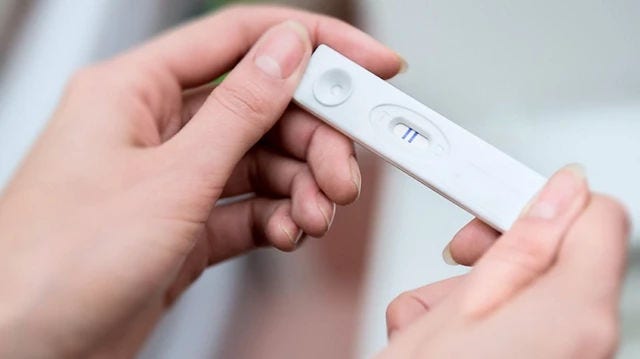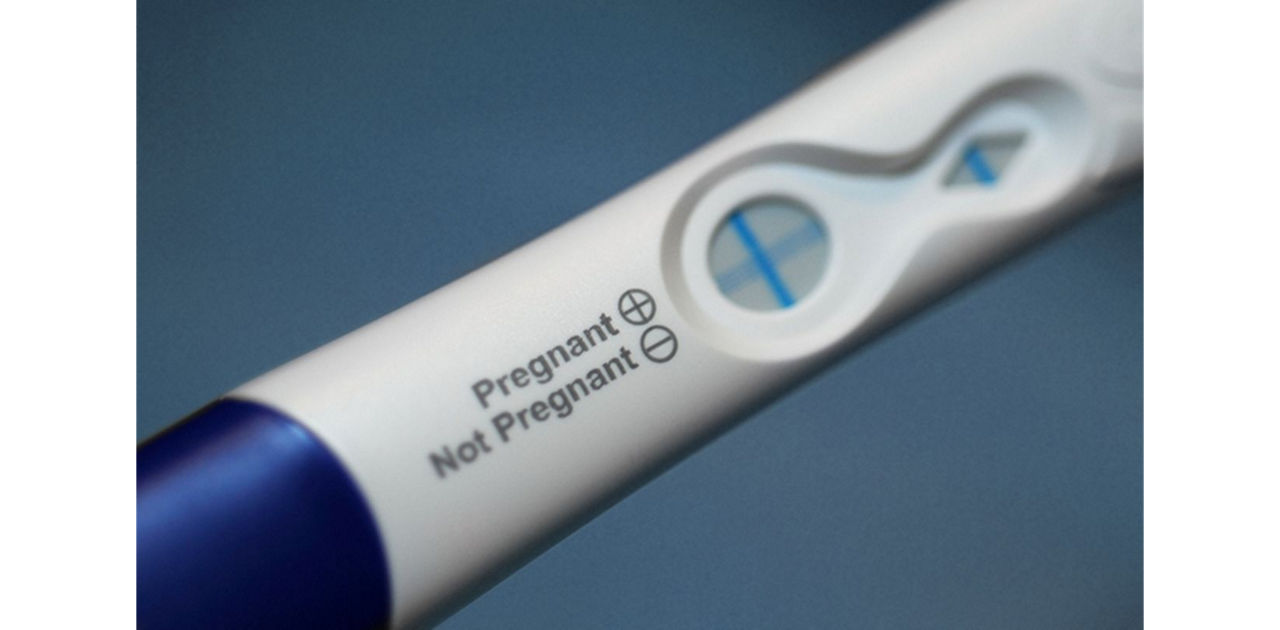When to test and what the results can mean
While headaches, nausea and a missed period can be signs of early pregnancy, the only way to confirm it is to take a home pregnancy test. Find out when and how to carry out the test for the most accurate result.






